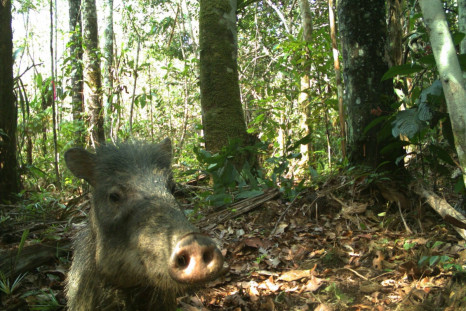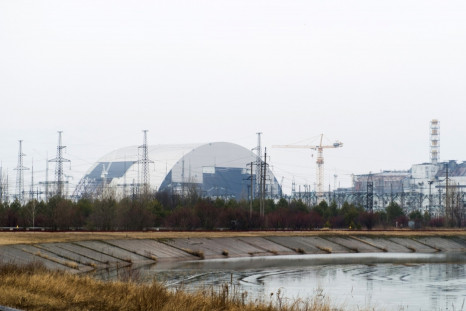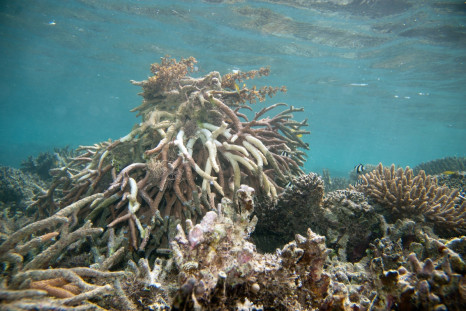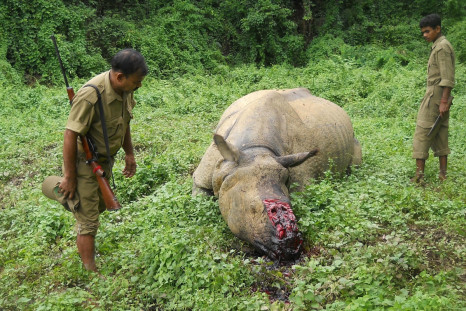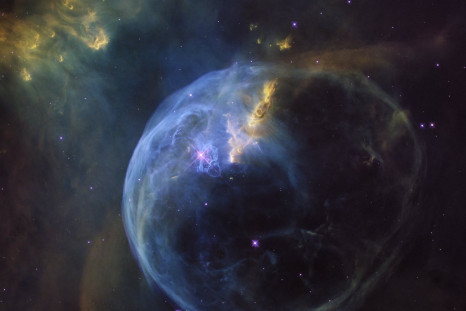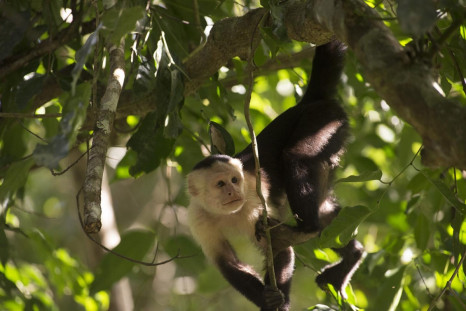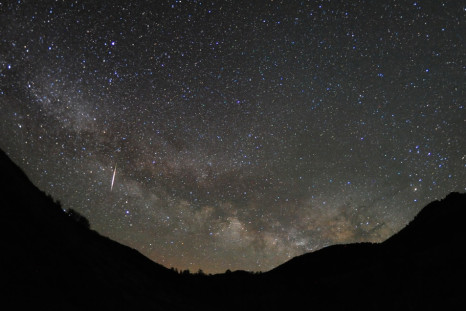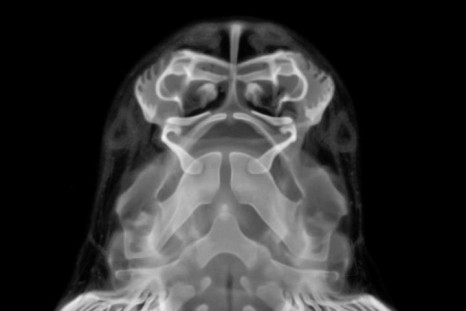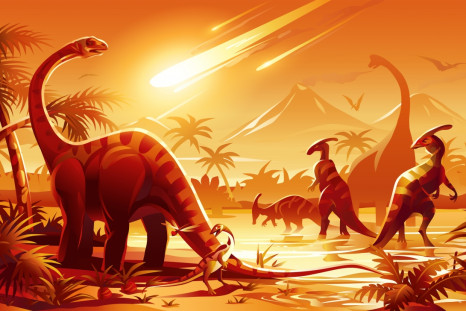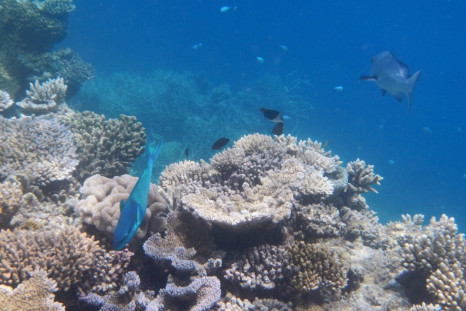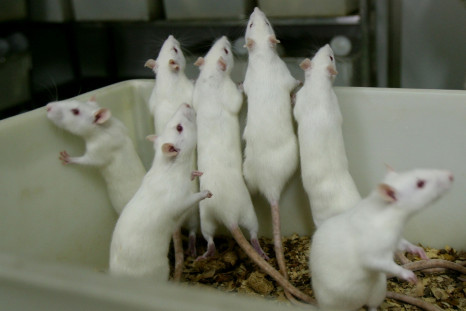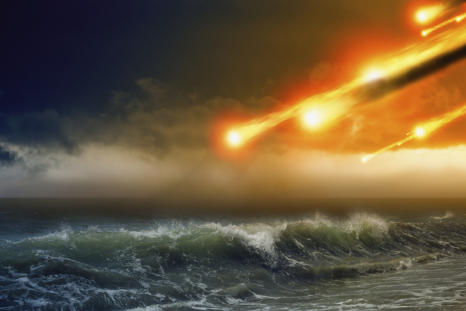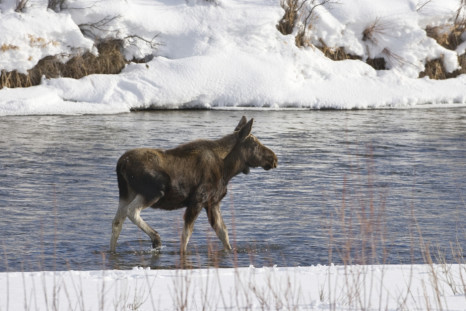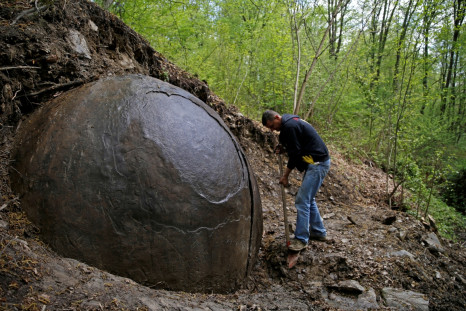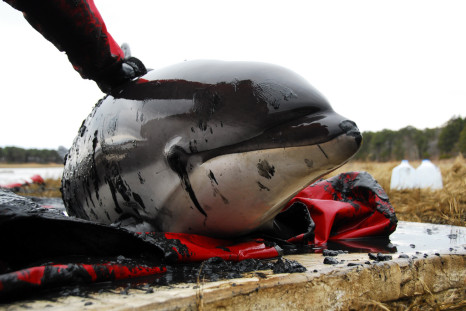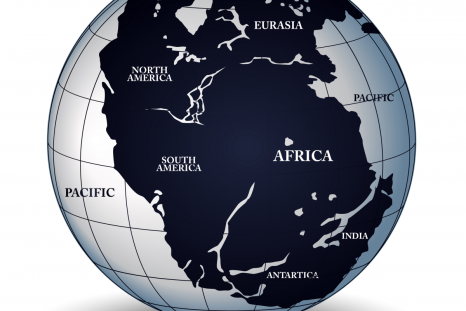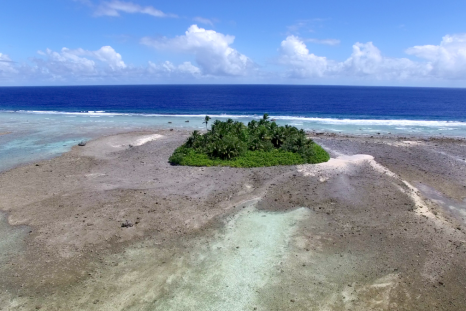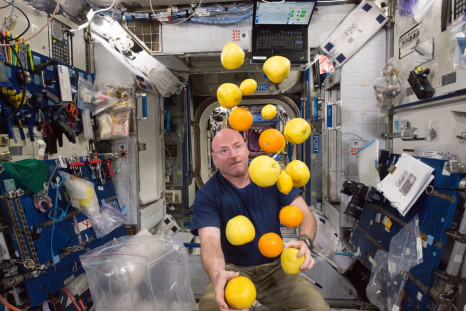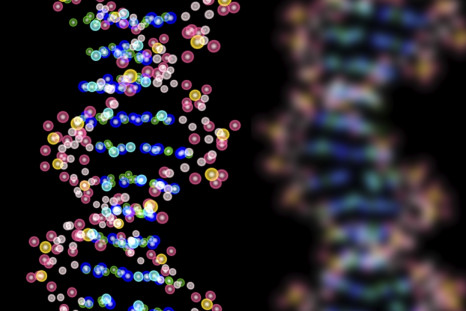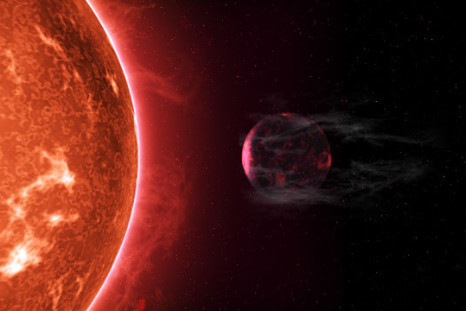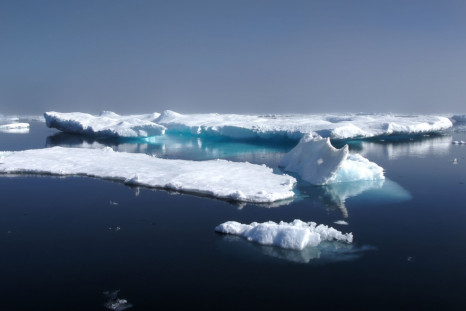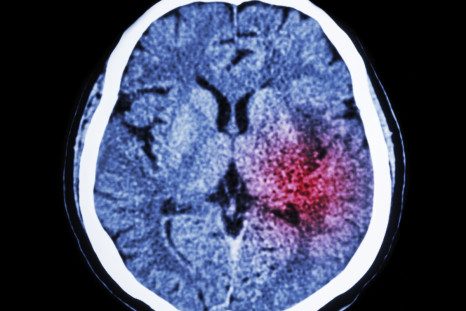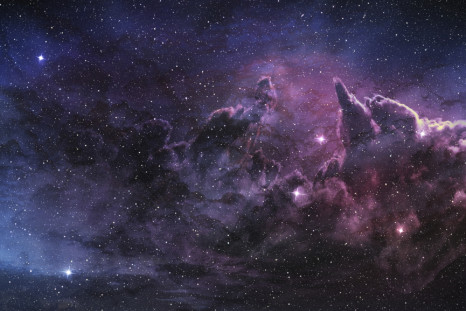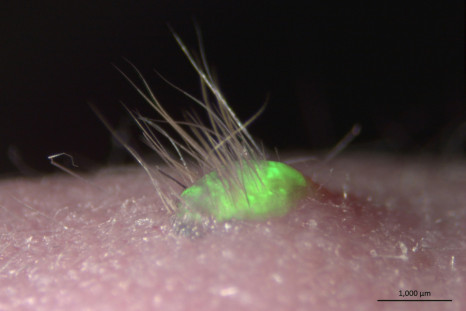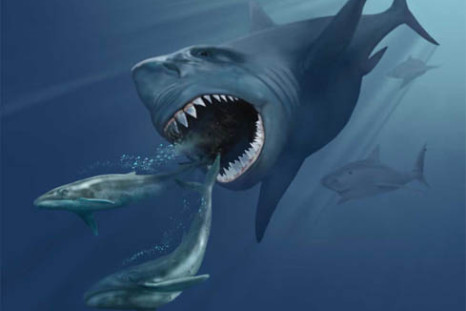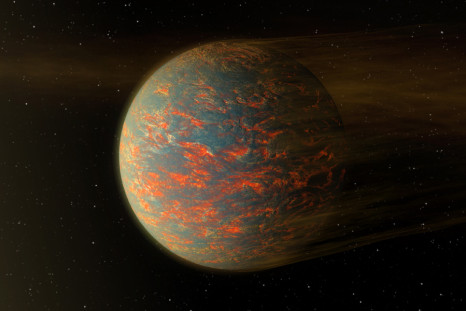More From Matt Atherton
Wildlife camera traps and drones reveal unexplored area of Amazon Rainforest for first time
Researchers took close-up photos of 1,800 unsuspecting species and recorded drone footage of the landscape.
Apr 25, 2016
Chernobyl anniversary: Health impacts from radiation still felt 30 years after nuclear disaster
Radiation from the Chernobyl disaster led to thyroid cancer, mental health problems and blindness.
Apr 23, 2016
Staghorn coral: Species responsible for reef growth in sharp decline after 60 million years of prosperity
95% of staghorn coral has disappeared from the Caribbean, scientists say climate change and disease are to blame.
Apr 22, 2016
Artificial intelligence being used to stop wildlife poaching in Africa
AI system learns from past poaching events to map out effective patrol routes.
Apr 22, 2016
Trouble sleeping somewhere new? Half of your brain stays awake to keep watch
Part of the brain stays awake when sleeping somewhere new, and this makes it difficult to fall asleep.
Apr 21, 2016
Hubble Bubble: Nasa releases stunning image of Bubble Nebula to mark 26th anniversary of Hubble
Nasa and the ESA combined images of Bubble Nebula to create first whole image of the nebula.
Apr 21, 2016
Daily aspirin could improve cancer survival chance by 20%
When taken with usual treatments, aspirin reduces the death rate of colorectal, breast and prostate cancers.
Apr 20, 2016
Ancient monkey teeth in Panama Canal mark first species to enter North America
Monkeys found a way to migrate into North America from South America before the Isthmus of Panama existed.
Apr 20, 2016
Lyrids 2016: Watch Lyrid meteor shower live online as it coincides with April full moon
The Lyrid meteor shower returns this week, peaking on Friday 22 April.
Apr 20, 2016
Human limbs 'came from gills': Sonic hedgehog gene discovery backs controversial theory of evolution
Study finds new evidence to suggest Karl Gegenhaur's theory was correct, and human limbs evolved from gills.
Apr 19, 2016
Gender differences in sleep disruption: Women struggle more with tasks on night shifts
Men and women react differently to night-shift work and women's cognitive function is reduced more.
Apr 19, 2016
Dinosaurs 'past their evolutionary prime' 50 million years before asteroid struck
Dinosaur species were going extinct faster than new ones were emerging long before mass extinction asteroid.
Apr 18, 2016
Great Barrier Reef risks mass bleaching as coral defences may fail in 40 years
Coral's natural ability to withstand temperature change could be destroyed as seawater temperature rises.
Apr 18, 2016
Scientists create stuttering mice
Study showed that mice exhibit similar characteristics to humans with the mutated gene linked to a stutter.
Apr 14, 2016
How deep-sea creatures survived dinosaur-killing asteroid revealed
Ocean bacteria and algae survived the asteroid strike, supplying ocean-dwelling creatures with food.
Apr 14, 2016
Global warming has let moose return to Alaskan tundra for first time since 1880
Warmer summers give shrubs longer growing seasons, so more food is available for moose in the cold winters.
Apr 13, 2016
Bosnia's Indiana Jones claims massive stone sphere is sign of ancient civilisation
Researchers have found a giant stone ball in a forest, and claim an ancient civilisation left it behind.
Apr 13, 2016
Newborn bottlenose dolphin deaths linked to 2010 BP Deepwater Horizon oil spill
Study suggests oil spill caused lung abnormalities and pregnancy failures in bottlenose dolphins.
Apr 13, 2016
North America and Asia were connected for 1.2 billion years in giant supercontinents
Rodinia and Nuna-Columbia broke apart 700 million years ago, eventually forming North America and Asia.
Apr 13, 2016
Climate change: Small islands to get drier, putting 16 million at risk of water shortages
73% of small islands will face freshwater shortages by 2050, as evaporation will exceed precipitation.
Apr 12, 2016
International Day of Human Space Flight 2016: The evolution of food in space
How has eating a meal in space changed since Yuri Gagarin first travelled to space in 1961?
Apr 11, 2016
Genetic superheroes who have mutations but no disease discovered
The 13 people identified appear completely healthy, despite carrying a mutated gene linked to severe diseases.
Apr 11, 2016
Super-Earths with atmospheres stripped away by radiation from their stars discovered with Nasa's Kepler
Some planets lie so close to their host star that their atmosphere is blown away by radiation.
Apr 11, 2016
Tepid North Pole: Arctic was completely ice-free 10 million years ago
Study shows the Arctic had no sea ice at all between six and ten million years ago.
Apr 09, 2016
China-sized pile of food wasted every year is also a major climate change contributor
Reducing unnecessary food waste could lower greenhouse gas emissions by 14%.
Apr 08, 2016
Gene discovery linked to brain disease boosts research on strokes, dementia and Alzheimer's
A gene has been found which is linked to stroke and stroke-related dementia, and it could lead to a treatment.
Apr 08, 2016
Giant interstellar dust cloud colliding with Earth 'pushed dinosaurs to extinction'
Study says Earth passed through an interstellar cloud 66 million years ago, cooling the planet and killing dinosaurs.
Apr 02, 2016
Artificial hairy skin has been grown in a laboratory
The first, fully functional, artificial skin has been made to be implanted on living organisms.
Apr 01, 2016
Megalodon driven to extinction by competition with great white shark and killer whale ancestors
The biggest shark ever found in the ocean was outcompeted for food
Apr 01, 2016
Lava world: 'Weather map' of 55 Cancri e shows exoplanet is covered in scorching hot rock
55 Cancri e has giant temperature ranges across its surface - a surface of flowing magma could be the cause.
Mar 31, 2016
Pages
- PREV
- 1
- 2
- 3
- 4
- 5
- 6
- 7
- 8
- 9
- NEXT



